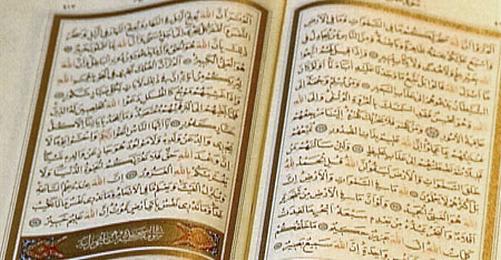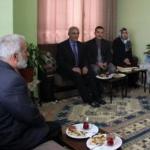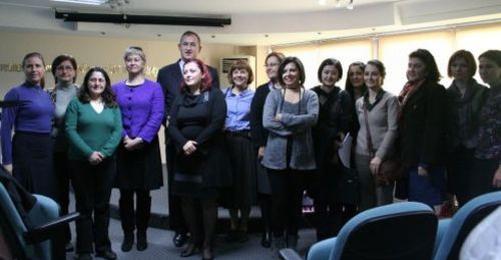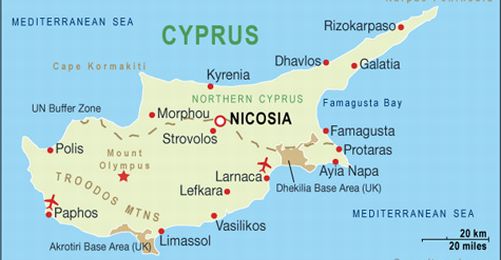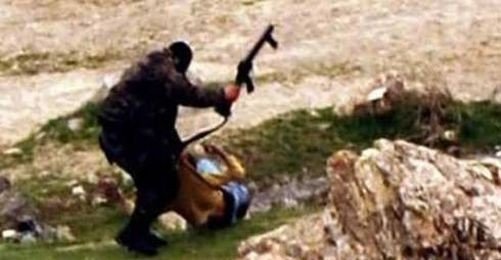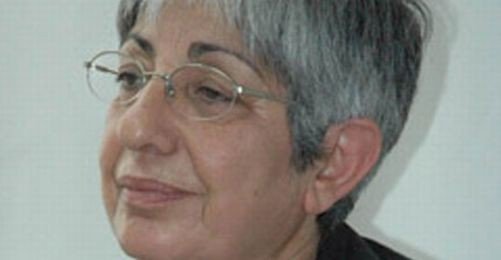Scrimping with offers like playing, parks where children can develop their abilities, courses or summers schools, the government lifts the age limit for participation in Quran classes instead. State Minister Faruk Çelik comments: "We believe that the restrictions on this matter were not right".
Çelik reminded that according to the constitution religious education is compulsory at schools: "Apart from that, religious education and teaching is up to the individual preference and to the request of the minor's legal guardian. There is no such thing as age limitation".
Experts suggest that religious education given under the age of 10 "can lead to deepening fears".
"Age limit is sensible"
In the course of amendments in the Turkish Criminal Code in 2005 the leading Justice and Development Party (AKP) tried to limit penalties for opening illegal religious institutions. The party was criticized then for enhancing illegal courses like this.
In the same year compulsory religious education was implemented in the curriculum of schools. Prime Minister Recep Tayyip Erdoğan explained then: "There is no such expression as 'illegal Quran courses'. The Quran is to be studied. Regarding the study of the Quran nobody can use the term "crime".
At that time expert pedagogue Belgin Temur explained to bianet: "Children's fears undergo a certain development process. At this age stories of a high level divine punishment system and of a justice system can increase and intensify a child's fears".
Number of participants and courses steadily increasing
Data regarding religion reveals that since 2001 the number of children taking Quran courses during summer holidays has almost doubled. 715,000 children took courses in 2000, whereas just in 2002, when AKP came into power, this number raised to slightly more than 1 million students.
In the course of increased participation in Quran courses, AKP won 320,000 additional voters in the local elections between 2004 and 2005, the number of AKP voters in the general election raised by 400,000 from 2007 to 2008.
In 2008 the number of children taking Quran courses rose to 1,801,000. 879,000 students were girls, 921,000 boys. The curriculum of the 2-months courses was reviewed in 2005, the same year when fees for subsidiary subjects were levied initially.
The number of 32-weeks Quran summer courses has risen from 3,368 in 2001 to 7,657 this year. The number of participants increased from 90,000 to 268,000.
Amendments after 28 February Operation
After the 28 February Operation in 1997, which led to the stepping down of the coalition government led by Necmettin Erbakan of the Welfare Party, amendments in the law made an 8-year primary school education compulsory and limited participation in Quran courses to children having finished 5th grade and being 12 years of age respectively.
The 3rd article of the law on the Organization and Duties of the Religious Affairs Directorate specifies that summer courses can be opened under the supervision of the Ministry of Education.
Yazıcıoğlu's proposal
Deceased MP Muhsin Yazıcıoğlu from the Great Union Party (BBP) submitted a proposal for a change of the law in February, asking to lift of the age limitation. According to information from the website of the Turkish National Assembly (TBMM), Yazıcıoğlu reasoned his proposal by qualifying the age limit as "opposing the freedom of religion and belief" and as a "prohibitor". Çelik said the draft was sent to the Prime Ministry last week.
At the same time, the Constitutional Court will meet on 8 October to discuss the request to abolish the amendment. The State Council, which brought the matter to the court, emphasized that the amendment is opposing the "educational union". (EÜ/VK)





